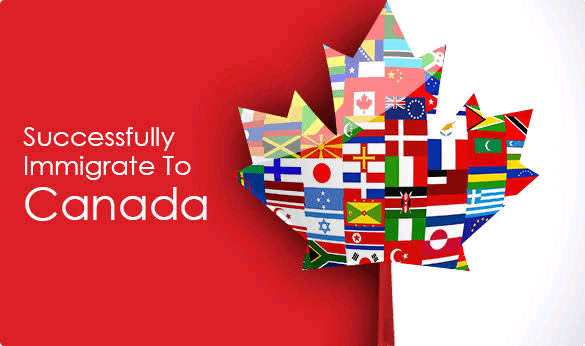Migrating from Nigeria to Canada for work offers exciting opportunities for personal and professional growth. Canada’s robust economy, high standard of living, and diverse culture make it an attractive destination for many Nigerians seeking new horizons.
This article provides a step-by-step guide, processing and visa fees in Naira, and all the requirements needed to successfully migrate to Canada for work.
Step 1: Research and Choose an Occupation
Begin by researching the various occupation categories in Canada’s immigration system. The Express Entry system is a popular choice for skilled workers. The National Occupational Classification (NOC) list categorizes occupations based on skill levels and job responsibilities. Select an occupation that matches your skills and qualifications.
Step 2: Language Proficiency
Proficiency in either English or French is essential. You’ll need to take a language proficiency test such as IELTS (English) or TEF (French) to demonstrate your language skills. Achieving a certain minimum score is necessary to qualify for immigration programs.
Step 3: Educational Credential Assessment (ECA)
Have your educational credentials evaluated by a designated organization to prove their equivalence to Canadian education standards. This step is crucial for the Express Entry system and certain Provincial Nominee Programs (PNPs).
Step 4: Create an Express Entry Profile
If you choose the Express Entry route, create an online profile detailing your skills, education, language proficiency, work experience, and other relevant information. Based on your Comprehensive Ranking System (CRS) score, you will be placed in a pool of candidates eligible for federal economic immigration programs.
Step 5: Provincial Nominee Program (Optional)
Consider applying through a Provincial Nominee Program if you have a specific province in mind. Each province has its own criteria and streams for nominating candidates. If nominated, you will receive additional CRS points, increasing your chances of being invited to apply for permanent residence.
Step 6: Receive an Invitation to Apply (ITA)
Candidates with high CRS scores are issued ITAs during regular draws. An ITA allows you to apply for permanent residence in Canada. Once you receive an ITA, you have a limited time to submit your application.
Step 7: Submit Application and Pay Fees
Prepare and submit a comprehensive application package, including all necessary documents, forms, and fees. Visa processing fees for permanent residency vary depending on the program and the number of family members included in the application. Fees can be paid online in Canadian dollars.
Step 8: Medical and Police Clearance
Undergo medical examinations conducted by a panel physician approved by the Canadian government. You’ll also need to provide police clearance certificates from all countries you’ve lived in for more than six months since turning 18.
Step 9: Wait for Visa Approval
After submitting your application, you’ll need to wait for the immigration authorities to process it. Processing times vary based on the program, the number of applications in the queue, and other factors.
Step 10: Prepare for Arrival
Once your application is approved, you’ll receive a Confirmation of Permanent Residence (COPR) and a visa counterfoil. Make necessary travel arrangements, including booking flights and arranging accommodation. Remember to inform Canadian officials of your arrival plans.
Cost of Canadian Visas in Nigeria
Visitor visa: CAD 100 (NGN 71,500)
Visitor visa with biometric: CAD 185 (NGN 132,275)
Open Work permit: CAD 150 (NGN 107,250) Open work permit with biometric: CAD 235 (NGN 168,025)
NB:
This is just the fee for Visa, not the whole expenses which might amount to NGN 8,000,000.00.
Migrating from Nigeria to Canada for work is an exciting endeavor that requires careful planning and adherence to the immigration procedures. By following this step-by-step guide and fulfilling the necessary requirements, you’ll be well on your way to achieving your dream of working and living in Canada. Keep in mind that immigration policies and procedures can change, so always refer to official sources for the most up-to-date information.
